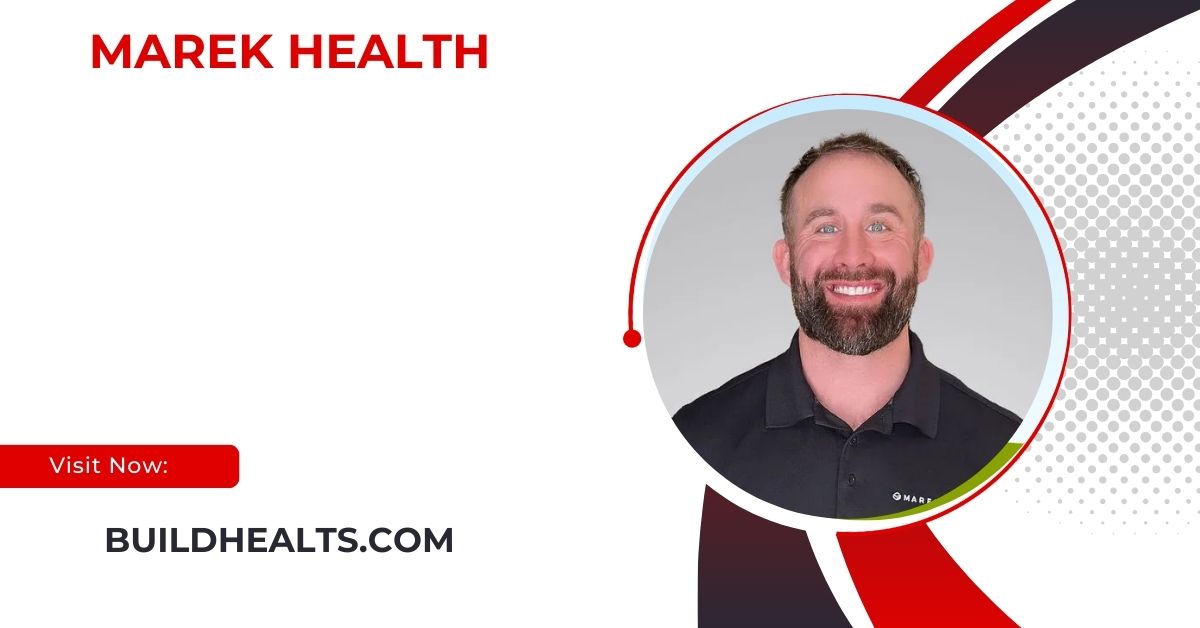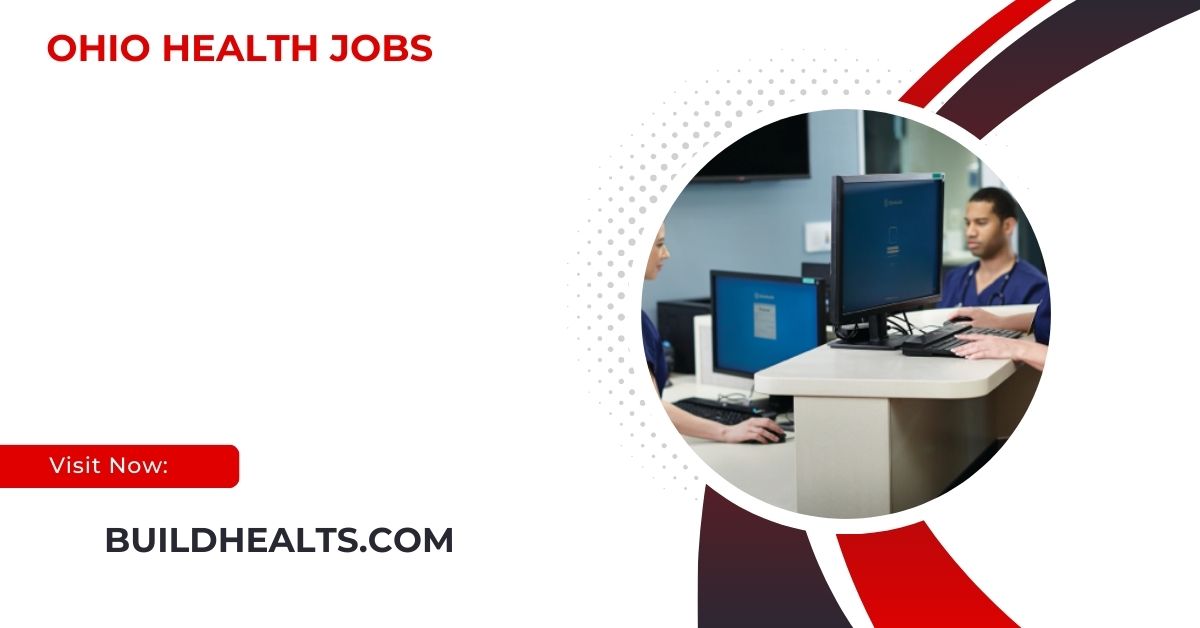Health Information Management jobs focus on managing, securing, and analyzing patient data, ensuring accuracy and compliance, with growing demand for skilled professionals.
In this article, we will explore the various Health Information Management jobs available, the skills required, and the importance of this sector in improving healthcare outcomes.
What is Health Information Management:

Health Information Management (HIM) involves acquiring, analyzing, and protecting digital and traditional medical information. HIM professionals ensure that patient data is accurate, confidential, and accessible. As healthcare shifts to electronic health records (EHRs), the need for HIM professionals grows. HIM extends beyond data entry to managing complex data and ensuring compliance with privacy regulations.
- Managing medical data
- Protecting patient privacy
- Supporting healthcare providers
Types of Health Information Management Jobs:
Health Information Management offers a variety of roles, each requiring different levels of expertise. These roles play a crucial part in the smooth running of healthcare systems.
Also Read: Take Command Health – Health Insurance, HRAs, and HSAs Explained!
Health Information Technician:
Health Information Technicians manage and organize health data. They ensure the accuracy, completeness, and proper coding of health records. This role includes working with EHRs and coding software to assign diagnostic and procedure codes for billing and insurance.
- Working with coding software
- Ensuring record accuracy
- Facilitating billing processes
Medical Records Coordinator:
Medical Records Coordinators manage and organize patient health information, ensuring that records are properly maintained and updated. This role demands attention to detail and knowledge of health information privacy laws and regulations.
- Organizing medical records
- Maintaining confidentiality
- Ensuring compliance with regulations
Health Information Manager:
A Health Information Manager supervises the collection, storage, and use of health data within an organization. They ensure all data complies with regulations like HIPAA and oversee teams of technicians and coders. This leadership role requires advanced knowledge of data management and IT systems.
- Managing health data
- Overseeing teams
- Ensuring HIPAA compliance
Clinical Coder:
Clinical Coders translate medical diagnoses, treatments, and procedures into standardized codes. This job requires expertise in medical terminology and coding systems like ICD-10 and CPT for billing and statistical purposes.
- Translating medical diagnoses
- Assigning codes for billing
- Expertise in coding systems
Health Information Analyst:
Health Information Analysts work with healthcare data to identify trends, improve patient care, and streamline hospital operations. They analyze data to make informed decisions on resource allocation and healthcare policy. Analytical and statistical skills are vital for this role.
- Analyzing healthcare data
- Identifying trends
- Supporting decision-making
Medical Billing and Coding Specialist:
A Medical Billing and Coding Specialist ensures accurate billing and coding for insurance claims. This job requires proficiency in coding systems and understanding insurance policies and reimbursement practices.
- Billing for healthcare services
- Using coding systems
- Understanding reimbursement processes
Skills Required for Health Information Management Jobs:

HIM jobs require a combination of technical, administrative, and healthcare knowledge. Key skills include:
Knowledge of Medical Terminology:
HIM professionals must understand medical terminology, diagnostic codes, and procedures to process patient data accurately.
- Understanding medical terminology
- Applying diagnostic codes
- Ensuring accuracy in data processing
Technical Proficiency:
Many HIM roles require working with Electronic Health Records (EHRs) and other health IT systems, so familiarity with these platforms is essential.
- Working with EHR systems
- Familiarity with health IT platforms
- Proficiency in data management tools
Attention to Detail:
Accuracy is critical in HIM roles, as errors in data entry or coding can lead to significant issues in patient care or billing.
- Ensuring data accuracy
- Spotting potential errors
- Minimizing mistakes in documentation
Communication Skills:
HIM professionals must communicate effectively with healthcare providers, patients, and insurance companies to ensure accurate data exchange and processing.
- Collaborating with healthcare teams
- Communicating with patients
- Dealing with insurance companies
Knowledge of Regulations:
HIM professionals must be familiar with healthcare regulations such as HIPAA to maintain compliance and protect patient data.
- Understanding privacy laws
- Maintaining HIPAA compliance
- Securing patient information
The Importance of Health Information Management:
Health Information Management plays a critical role in improving patient care and operational efficiency. HIM professionals ensure that data is accurate, secure, and accessible to healthcare providers.
Also Read: UMR Health Insurance – A Comprehensive Guide to Coverage Benefits!
Improved Patient Care:
Accurate and accessible health data ensures healthcare providers have the information needed for better decision-making, leading to improved patient outcomes.
- Supporting healthcare decision-making
- Facilitating better care coordination
- Promoting patient safety
Enhanced Efficiency:
Properly managed health information helps healthcare organizations streamline operations and reduce errors, improving overall efficiency.
- Streamlining hospital operations
- Reducing errors and inefficiencies
- Enhancing operational workflows
Data Security:
HIM professionals are responsible for protecting patient information and ensuring compliance with privacy regulations, safeguarding patient confidentiality.
- Securing patient data
- Ensuring compliance with privacy regulations
- Preventing unauthorized access
Compliance with Regulations:
HIM ensures healthcare organizations comply with laws like HIPAA, avoiding legal penalties and reputational damage.
- Ensuring legal compliance
- Avoiding penalties
- Protecting organizational reputation
Supporting Research and Public Health:
Well-organized health data supports medical research and public health initiatives, contributing to global healthcare improvements.
- Facilitating medical research
- Supporting public health studies
- Improving global healthcare outcomes
Future Job Outlook in Health Information Management:

The demand for HIM professionals is expected to grow due to the expansion of healthcare services, the rise of electronic health records, and the increasing complexity of medical data management. The U.S. Bureau of Labor Statistics (BLS) reports that employment of medical and health services managers, including health information managers, will grow significantly.
Technological advancements in telemedicine, healthcare data analytics, and health IT also present new opportunities for HIM professionals. As healthcare evolves, individuals with expertise in data security, health IT systems, and analytics will be in high demand.
- Job growth in the HIM field
- Increased demand for HIM professionals
- New opportunities in healthcare technology
Education and Certification for Health Information Management Jobs:
To pursue a career in HIM, individuals generally need a degree in health information management or a related field. Most HIM professionals hold an associate’s degree in Health Information Technology (HIT) or a bachelor’s degree in Health Information Management (HIM). Higher-level roles often require a bachelor’s degree and work experience.
Certification is recommended for HIM professionals. Certifications like those offered by the American Health Information Management Association (AHIMA) and the American Academy of Professional Coders (AAPC) demonstrate professional competence. Some key certifications include:
- Certified Health Information Manager (CHIM)
- Certified Coding Specialist (CCS)
- Certified Professional Coder (CPC)
- Certified Health Data Analyst (CHDA)
FAQ’s
1. What are the responsibilities of a Health Information Technician?
Health Information Technicians manage health data, ensuring accuracy and coding patient records for billing and insurance purposes.
2. What qualifications do I need to work in Health Information Management?
An associate’s or bachelor’s degree in health information management or technology is required, along with certifications for specialized roles.
3. What is the role of a Health Information Analyst?
Health Information Analysts analyze healthcare data to identify trends, improve patient care, and support hospital operations.
4. What are the benefits of a career in Health Information Management?
The field offers job stability, growth opportunities, and a chance to improve healthcare quality through the management of patient data.
5. Is certification necessary for Health Information Management professionals?
Certification is not always required but is highly recommended and can improve job prospects in specialized roles.
Conclusion
Health Information Management jobs play a vital role in modern healthcare, ensuring accurate, secure, and accessible patient data. With the continuous growth of healthcare systems and the rise of digital records, the demand for skilled HIM professionals is expected to increase, offering long-term career opportunities for those with the right expertise and certifications.
Related Posts
Also Read: Gainesville Health and Fitness – Your Path to Healthier Living!
Also Read: Braven Health – A Comprehensive Guide to Your Health Plan!
Also Read: Emma Gut Health – A Natural Solution For Digestive Wellness And Balance!




